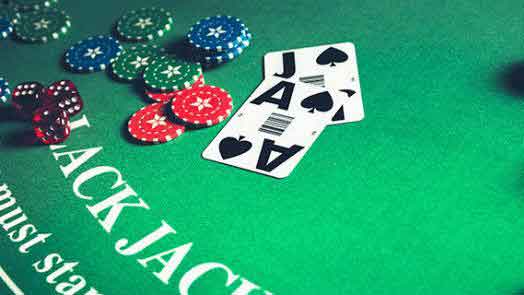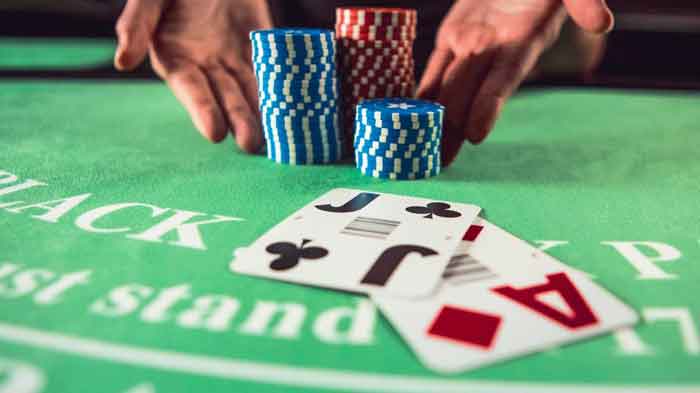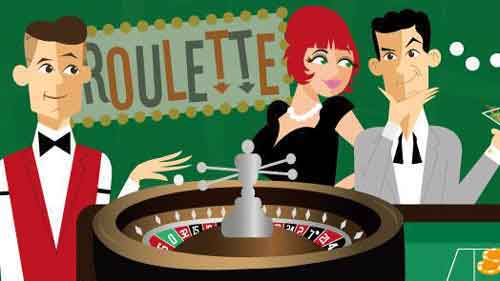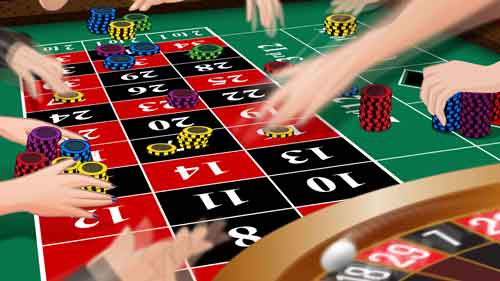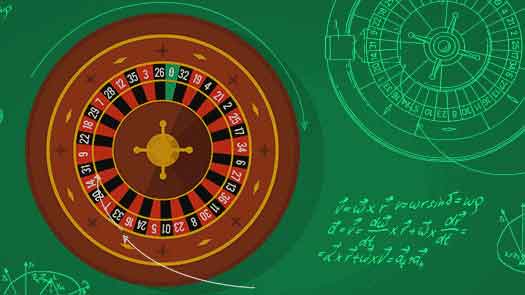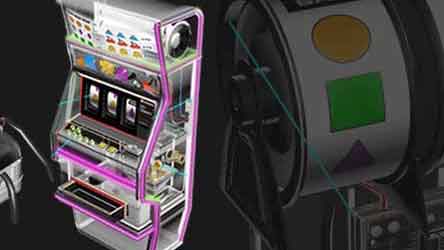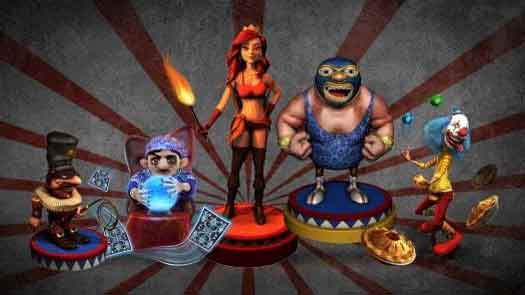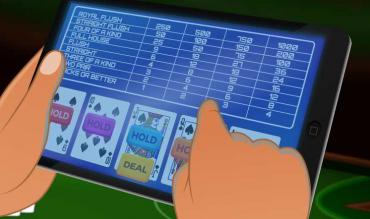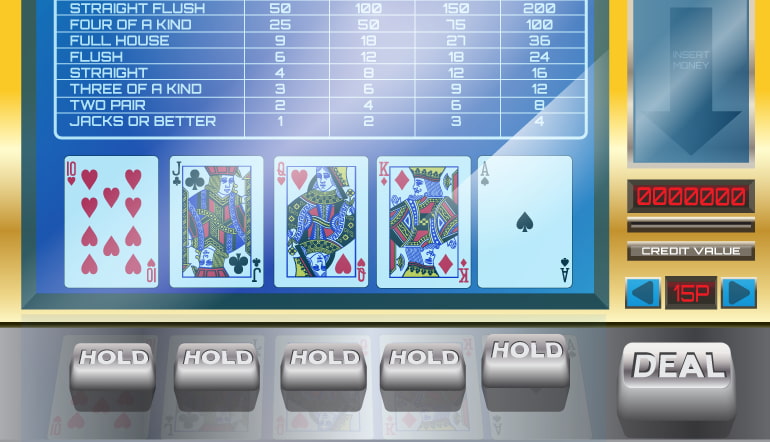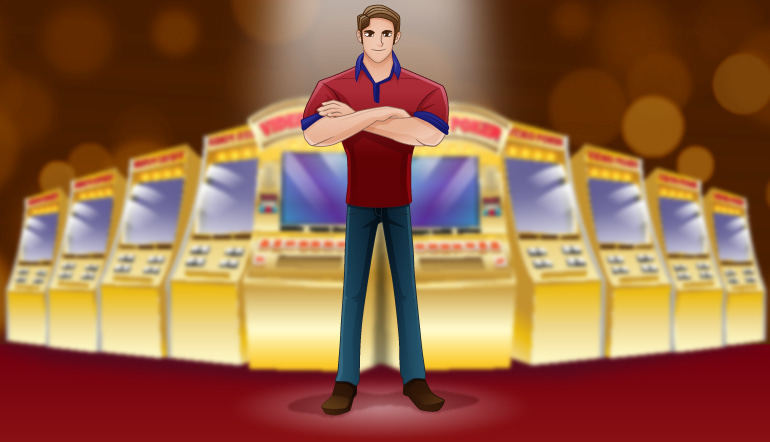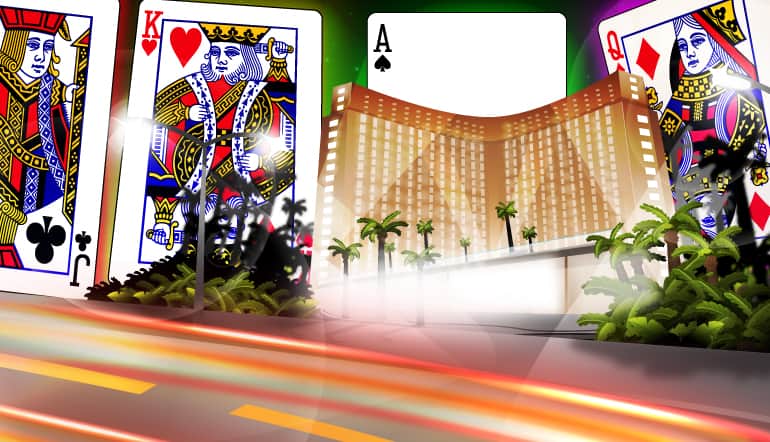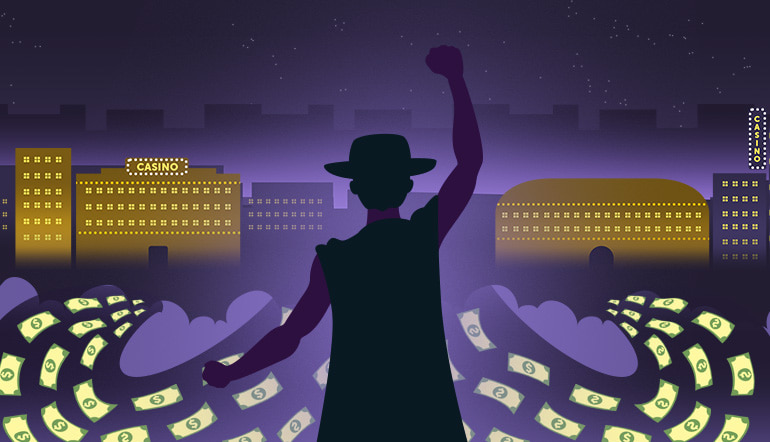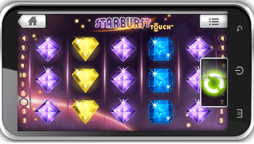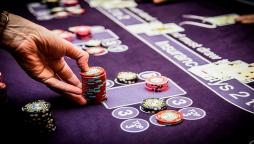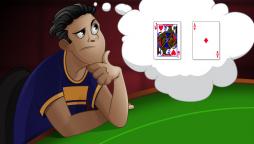With digital marketing strategies in his blood, Louis Wheeler has traveled around the world, exploring gambling cultures and gaining experience in casino games from 2003. If you are in a casino anywhere around the planet, you may find him right next to you, playing blackjack, roulette or texas hold'em.
How to Play Your Hands Against a Dealer’s 2 Upcard
In this article I will explain what to do against a dealer's 2 upcard in a game of blackjack, which is one of the most popular online casino games.
Slots Symbols
When it comes to entertainment on slot machines, the symbols are part of the fun. Far from just a backdrop, they’re important in enabling game designers to give us an exciting experience that leaves us wanting to come back for more.
There are many different types of symbols. Let’s compile our own slot symbol dictionary.
Blackjack Payouts Made Simple
For blackjack starters, you don't have to compete against other players for blackjack payouts. It's you against the dealer, in single-hand blackjack games, or multi-hand blackjack games.
As a newcomer to the blackjack scene, you may be surprised to learn that you don't need to form a hand value of 21, or even blackjack to win a game. The only thing that is required is a hand value that beats the dealer's hand, without exceeding 21. That being said, let's get down to the business of blackjack payouts.
When Should You Hit or Stand in Blackjack?
The player is always first to act in blackjack and that is why it is a hard decision when to hit or stand in blackjack. Think about this for a second. The player must always risk drawing additional cards or standing on a hand total before the dealer is required to act.
Let's say you're dealt a Jack of diamonds and a 6 of hearts. That's a hand total of 16 and a pretty good hand at that. If the dealer’s upcard is a 10, should you risk drawing a card greater than 5? Or, should you simply stand on 16? It's an important decision that you're about to make.
Blackjack Insurance
Blackjack insurance is a side bet available to players when the dealer’s upcard is an Ace. In this scenario, players are presented with an interesting proposition: if you take the additional insurance bet, you can protect yourself in the event that the dealer’s hole card is a 10-value card a.k.a, the dealer has a blackjack. The insurance bet is offered at 50% of your original bet, and it pays 2:1.
